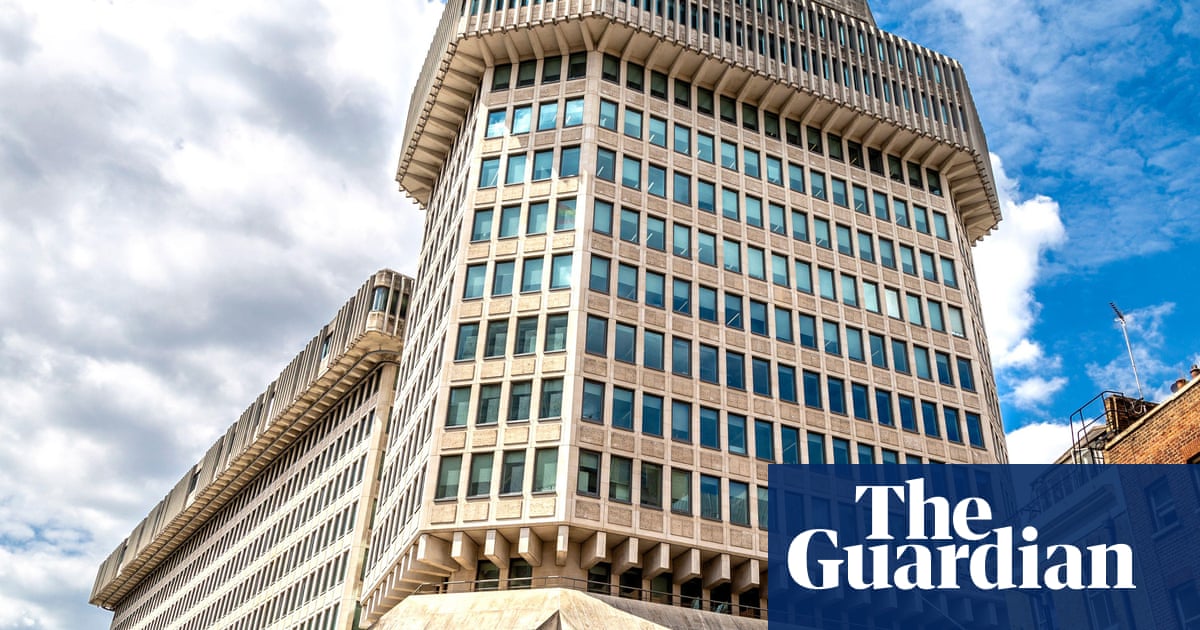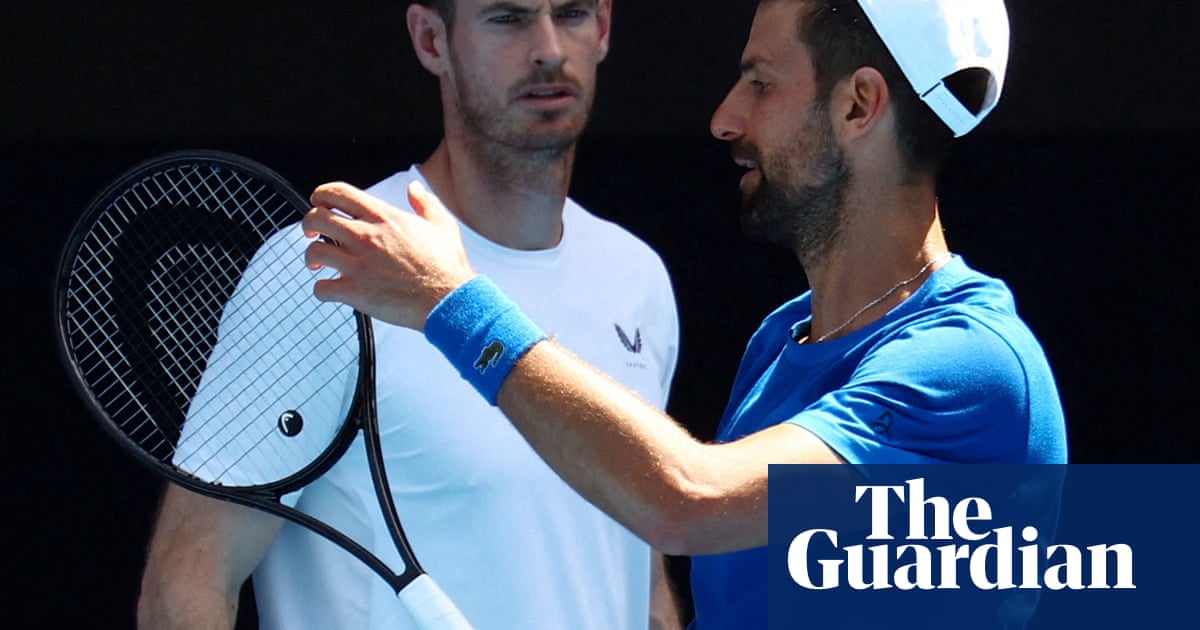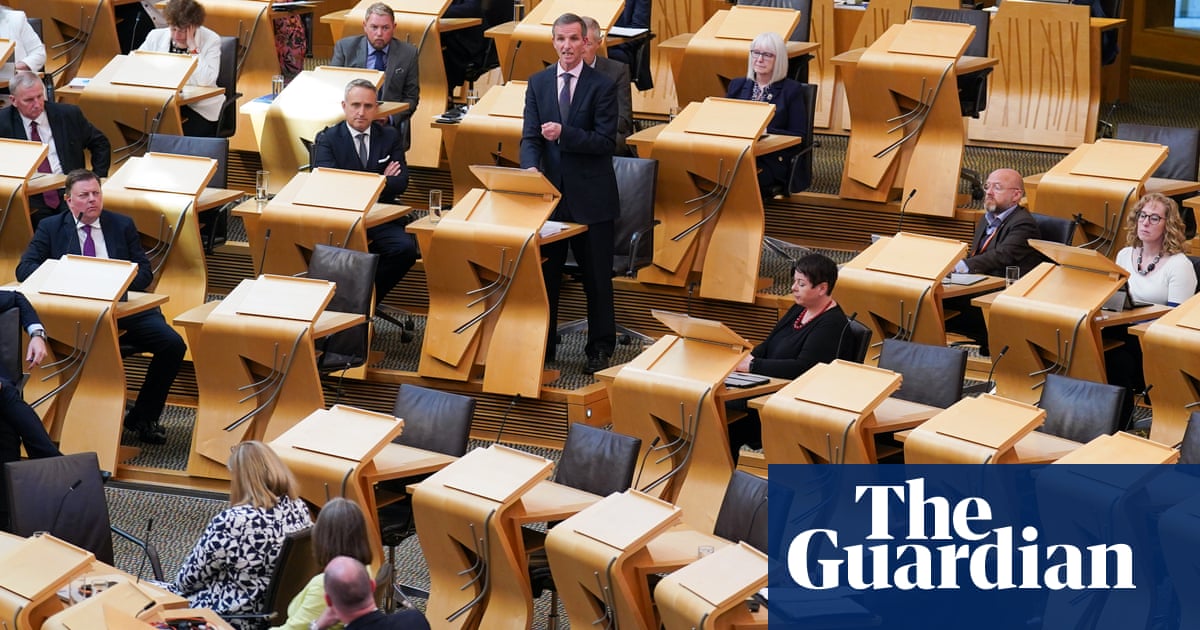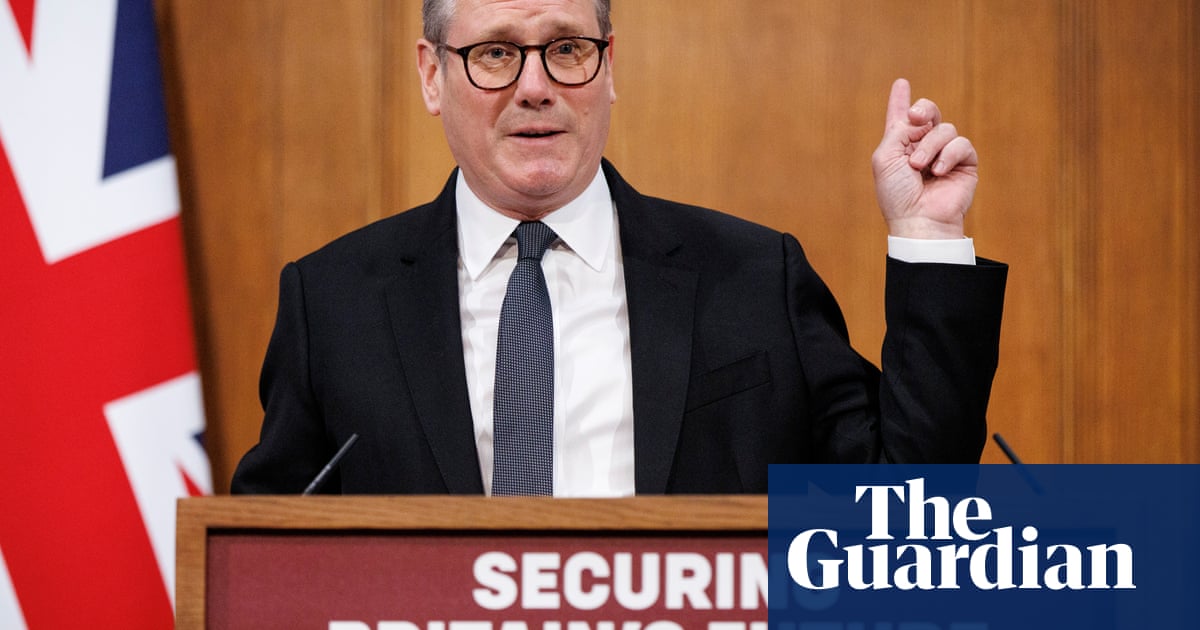A landmark legal case is about to begin involving one of Australia’s largest electricity and gas providers, which is alleged to have engaged in “greenwashing”.
Energy Australia will appear before the federal court on Wednesday in a case brought by the Parents for Climate group, which alleges the energy giant misled more than 400,000 customers about its “Go Neutral” product.
The case is significant because it is the first one in the country to be brought against a company for “carbon neutral” marketing. It is also the first time an Australian energy retailer has faced legal action for alleged greenwashing.
What is greenwashing?
Greenwashing is when a company promises or implies action to help the environment but fails to deliver, according to Erin Turner, the chief executive officer of the Consumer Policy Research Centre (CPRC).
Speaking generally, Turner says the centre’s research has found that some companies lie or mislead customers, while others use vague promises or green colours to imply a product is environmentally better.
“We also see greenwashing cause harm and confusion for consumers when high polluting companies or sectors advertise hyper-specific green initiatives,” Turner says. “For example, we found the mining sector using ads on social media to boast about their clean tech.”
Additionally, Turner says carbon neutral certification schemes can cause consumer confusion when they hand out their logo to highlight “one good product or service” from a company that causes environmental harm in other parts of its operations.
A survey of 446 people conducted by Parents for Climate found that 43% had experienced greenwashing from an energy provider, bank or super fund.
Is there anything to stop it from happening in Australia?
Turner says the Australian Consumer Law protects consumers against companies that mislead customers, but it doesn’t help if a company uses “vague or woolly language” to imply green credentials.
“This is why CPRC has been calling for stronger consumer protections specifically to stop companies from claiming their products are green, eco or sustainable without doing to work to show how they’re delivering on their green promises,” she says.
The European Union has adopted what is known as the “green claims directive”, requiring member states to pass their own legislation to introduce protections against greenwashing including verification requirements for environmentally friendly claims or carbon neutral marketing.
In 2023, the Australian Competition and Consumer Commission released “principles” to “guide” businesses’ environmental claims, but Parents for Climate says these are “open to interpretation” and the federal government needs to do more.
What are Parents for Climate arguing in their case?
Parents for Climate launched their legal action against Energy Australia in 2023. They allege the retailer marketed its “Go Neutral” product by telling consumers their electricity and gas would be carbon neutral because the company was buying carbon credits to offset the pollution.
The lead lawyer in the case, David Hertzberg, says the key argument will be that Energy Australia allegedly engaged in misleading or deceptive conduct – in contradiction of the Australian Consumer Law – because burning fossil fuels creates emissions and offsets don’t permanently remove them.
Energy Australia remains a participant in the federal government’s Climate Active certification scheme. Most of the carbon credits it bought were from international projects, as well as one “carbon farming initiative” involving planned burning in Western Australia’s Kimberley region.
What is the Climate Active certification scheme?
Companies that join this voluntary register report their emissions and the offsets they are buying, so they can tell customers they are certified and claim their products are carbon neutral.
The Parents for Climate chief executive, Nic Seton, says the group is concerned about the scheme because companies can buy “low-quality” offsets that don’t actually reduce net emissions.
The problematic offsets include “avoidance credits”, which claim to prevent potential future emissions but don’t actually remove carbon from the atmosphere, Seton says.
“We argue that the way in which these companies are using offsets to make carbon neutral claims is potentially false and misleading,” Seton says. “There’s a little bit of creative marketing. The worst case scenario is it’s being deliberately used as a licence to pollute.”
More than 100 companies have reportedly left the Climate Active scheme in the past two years, including Australia Post, the Cbus superannuation fund, Telstra, Canva and PwC.
The federal environment department says it is considering the future direction of the Climate Active program. For now, a spokesperson says the program continues to operate as usual, "certifying entities that have met the requirements".
What has Energy Australia said?
After Parents for Climate filed its legal action, Energy Australia stopped providing the “Go Neutral” option to new customers. On its website, it says it will be “progressively ending our Go Neutral product” for customers who have already opted into the scheme.
“We’ve made a commercial decision to close Go Neutral while we focus on reviewing and updating our plan to help customers reduce their emissions,” the website says.
A spokesperson for the retailer says it has been working with Parents for Climate and it remained “optimistic we can resolve this issue together”.
“Energy Australia remains committed to decarbonising by investing in and supporting assets that enable the clean energy transformation, and helping our customers to directly reduce their emissions,” the spokesperson says.
What happens from here?
Parents for Climate are seeking a court declaration that Energy Australia engaged in greenwashing and for the company to issue a corrective notice.
The hearings are scheduled for eight days, with the court to make a ruling at a later date.
Depending on the outcome, the case could set a precedent for future instances of alleged corporate greenwashing and prompt the government to take stronger action to stop it.

.png) 3 hours ago
2
3 hours ago
2













































